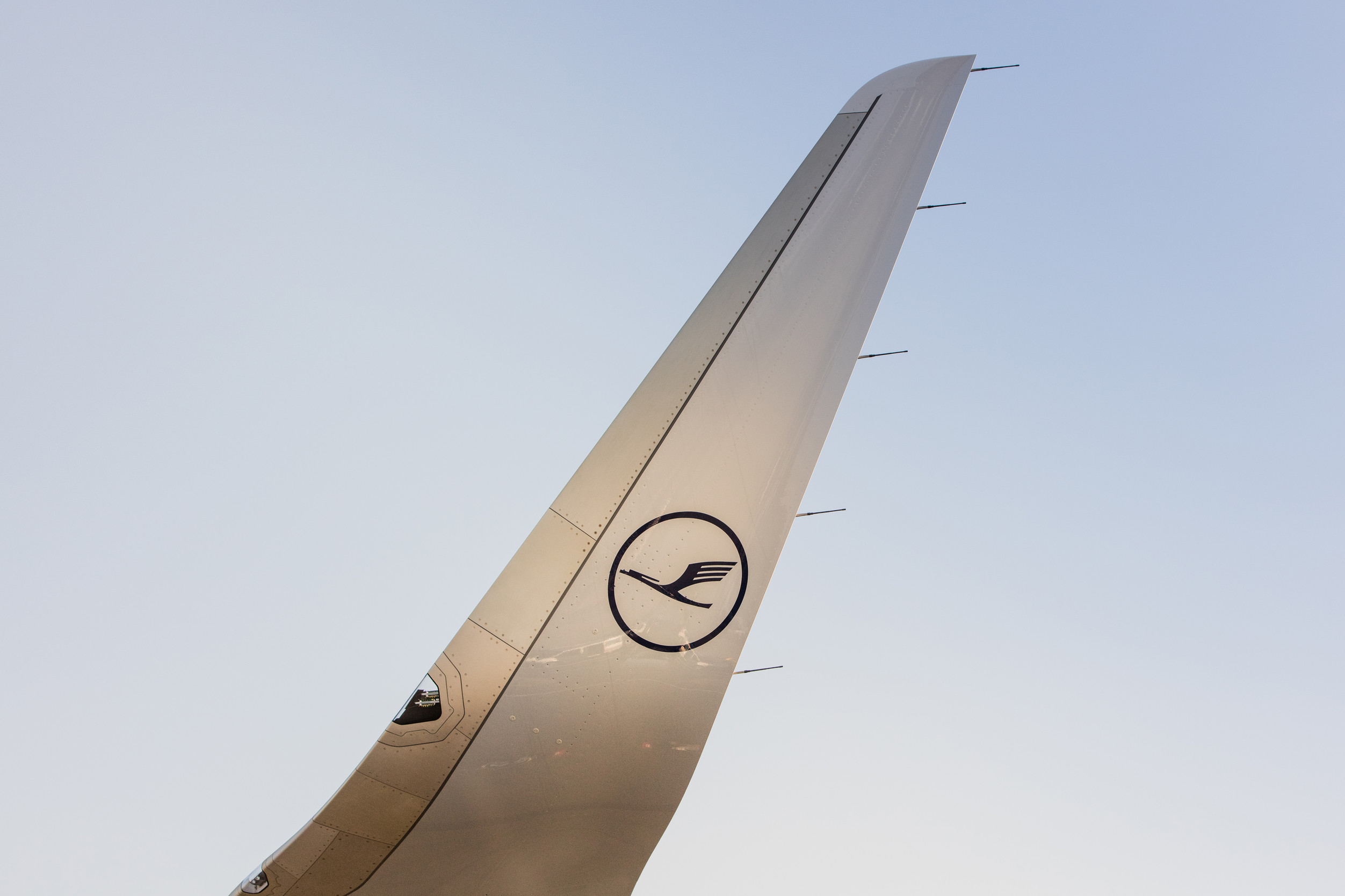Last week, at the Annual General Meeting, shareholders of Deutsche Lufthansa approved the new authorization to issue convertible bonds, bonds with warrants, profit participation rights and/or participating bonds (or combinations of these instruments) and the renewal of Authorized Capital A and a corresponding amendment to the Articles of Association by a broad majority.
Lufthansa’s Authorized Capital A is for a nominal amount of €1bn, which accounts for approximately 35% of the current share capital. This is intended to ensure that any further impacts from the COVID-19 pandemic can be mitigated but also to finance “any major corporate acquisitions” either with cash or against shares. Now that Lufthansa is free from government constraints, it has made no secret of its desire to participate in further acquisition opportunities if and when they arise. “Authorised Capital A is intended to enable the Company to act quickly and flexibly, without having to wait for the Annual General Meeting or an extraordinary General Meeting,” said the company in its AGM documents, adding: “In competition with other companies, any transactions can often only be carried out successfully if secured financing instruments are already available at the time negotiations begin…. The creation of the new Authorised Capital A is intended to maintain the Company's flexibility to use this type of financing and to be able to increase the share capital.”
Lufthansa also refers to the importance of the authorisation of the issuance of convertible bonds and the AGM granted an issue of bonds of up to €1.75bn which grant rights for the acquisition of up to 119,548,565 no-par value registered shares in the Company. Lufthansa notes further that the authorisation comprises bonds issued in Euros as well as “other legal currencies of OECD countries, with or without a maturity limit”.
Meanwhile, also last week Lufthansa confirmed that it had decided to purchase seven Boeing 787-9s, three Boeing 777F freighter aircraft and seven Boeing 777-8F freighter aircraft. In addition, to cope with the high demand for air freight, Lufthansa will also extend the lease of two Boeing 777F freighter aircraft (current technology), which currently run until 2024.
Lufthansa noted that the 787-9s will “fill the capacity gaps created by the delayed delivery of the Boeing 777-9 (originally scheduled for delivery in 2023, currently advised in 2025). Lufthansa will receive the 787 aircraft, which were originally intended for other airlines, in 2025 and 2026. At the same time, the delivery dates for the Boeing 787-9s already ordered from Boeing will be revised and, in some cases, brought forward to 2023 and 2024.
Carsten Spohr, CEO of Deutsche Lufthansa AG, said: "We continue investing in more fuel-efficient, quieter and more economical aircraft that emit significantly less CO2 . This enables us to drive our fleet modernization. By purchasing these state-of-the-art aircraft, we again underline Lufthansa Group's ability to invest in and shape the future. Once again, we are again taking the initiative and expanding our leadership role as well as taking responsibility for the environment – with premium products for our customers and a sustainable fleet."
“With Boeing´s new long-haul aircraft, the Lufthansa Group will continue to modernize its fleet with aircraft among the most fuel-efficient and sustainable long-haul aircraft in their class. The Boeing 787-9 passenger aircraft consume about 25 percent less kerosene than their predecessors, the 777-8F freighters nearly 15 percent less kerosene. Both aircraft will have an equally positive effect on the carbon footprint.
“Including the measures resolved today, the Group expects net capital expenditures of around €2.5bn in 2022. Annual net capital expenditures are expected to also amount to around €2.5bn up to 2024. The Group expects the cost benefits associated with fleet modernization to drive the achievement of its target to reach an Adjusted EBIT margin of at least 8% and a return on capital employed (Adjusted ROCE) of at least 10% by 2024.

